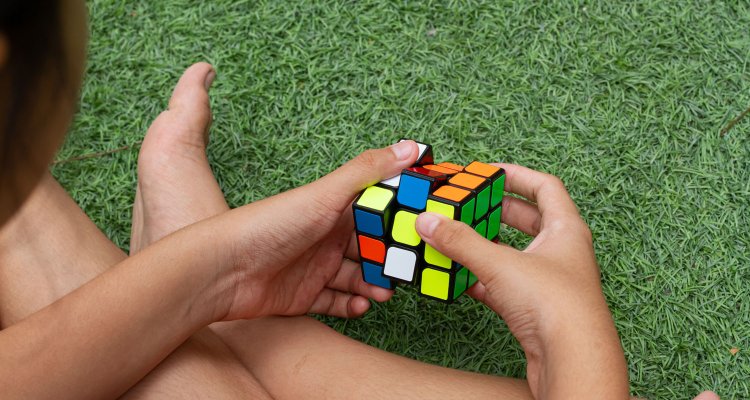
Project
Plastics transition pathways for a circular biobased economy
This project researches the possibilities for a future plastics system based on biogenic & biodegradable plastics.
The use of plastics is still increasing and these plastics are predominantly made from fossil feedstocks. These days plastics are mainly produced in countries that use electricity from coal fired electricity plants. This leads to increased greenhouse gas emissions. Also, mismanagement of plastic waste poses a growing environmental threat, impacting biodiversity and food security. While the current Dutch waste management schemes reduce plastic pollution, they fail to prevent it entirely, allowing plastics to leak into the natural environment. Transitioning to biogenic & biodegradable plastics could mitigate the negative environmental effects, but technical and organizational barriers hinder their integration into existing recycling systems.
We need a future plastics system which is based on biogenic plastics, will keep these plastics in the loop for as long as possible and plastics that do leak will safely biodegrade in the natural environment. To address both this challenges, our research aims to explore the implementation of such a sustainable plastic system in the Netherlands. We will investigate novel polymers, system performance, and transition pathways at three levels:
- Technological Level: Assess the possibilities and requirements for new polymers and looping strategies.
- Systems Performance Level: Evaluating the effectiveness of potential new systems.
- Transitions Level: Mapping pathways from the current system to the proposed one.
Our research seeks to provide insights for an effective and sustainable transition, applicable not only to the Netherlands, but also globally. By understanding the complexities of plastic systems, we aim to design a framework for a truly sustainable plastic future.